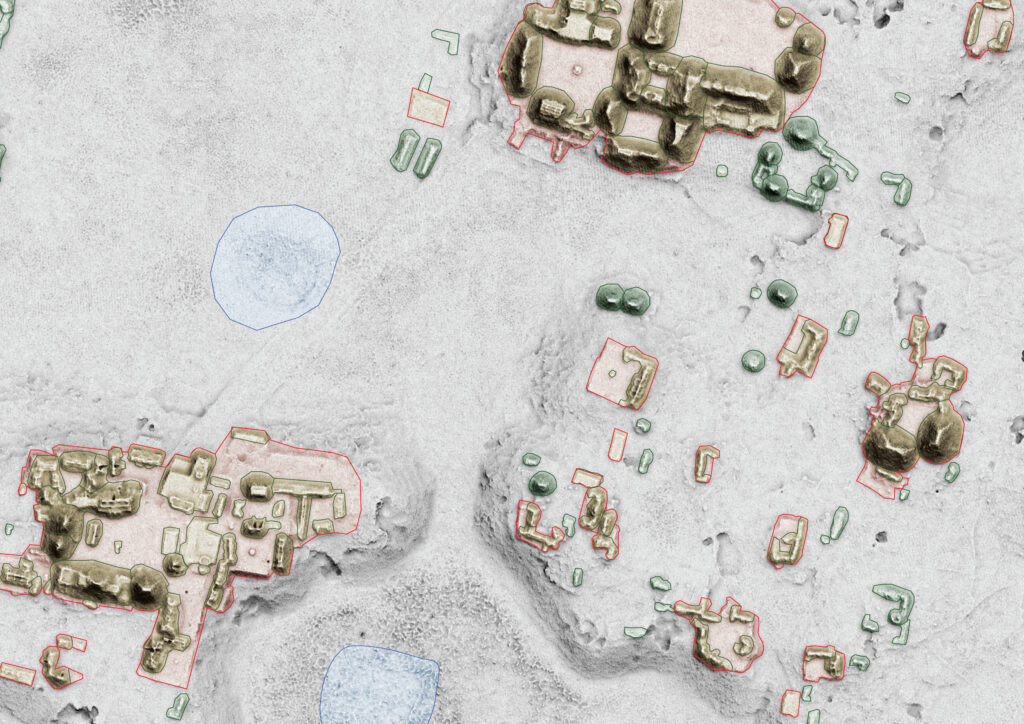Join us in-person for a CPD with the Discovery Programme on machine learning and how it can be used in an archaeological context. This CPD will be taking place on Wednesday 28 February at the Discovery Programme Offices Merchants Quay in Dublin, 2-4pm.
Airborne laser scanning (ALS) and other remote sensing prospection techniques are significant in the context of archaeological site identification, research, management, and mitigation strategies; particularly in relation to landscape-scale research projects and development. As part of a European-wide interdisciplinary team comprising experts from archaeology, remote sensing, earth sciences, and machine learning, the Discovery Programme has been engaged in the TII (Transport Infrastructure Ireland) ALS Machine Learning Research Project which aims to develop a user-friendly software tool capable of automatically detecting archaeological features. This includes the development of a ‘trained’ machine learning model that can automatically detect three classes of archaeological earthwork monuments from ALS data (barrows, ringforts, enclosures). The software tool is initially being designed for TII staff and archaeological consultants appointed to TII projects with it subsequently being made more widely available as free and opensource software to provide opportunities for future collaboration and development.
This CPD provides an opportunity to use the newly released Machine Learning tool (via Jupyter Notebook) and to learn how to further develop the tool for your own purposes. The half-day programme will provide an introduction to the project and the development of the model before guided practical sessions in how to use and retrain the MLM. This is a fantastic opportunity to learn about how AI and technological innovations can benefit archaeology and help with the detection and preservation of archaeological monuments. To register, please email [email protected].
